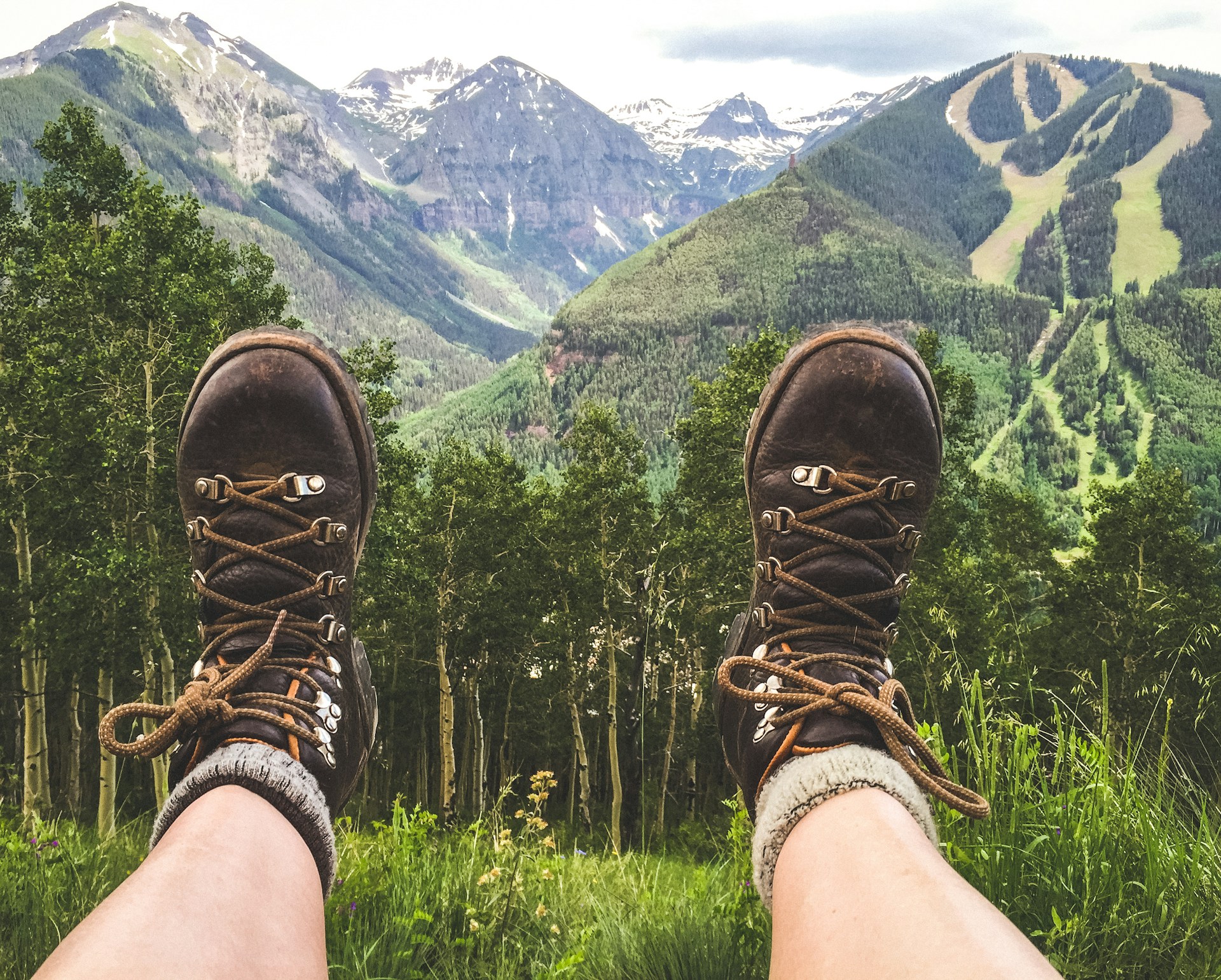Backpacking promises freedom and adventure, but carrying too much gear can quickly turn an exciting trip into a heavy burden. Beginners often feel pressured to bring everything they think they might need, only to discover that most of it stays unused. The real secret to successful backpacking is learning how to balance safety, comfort, and practicality. By focusing on the essentials, you can travel lighter, move farther, and enjoy the journey instead of struggling with unnecessary weight.
A Reliable Backpack

Your backpack is the foundation of every trip, so choosing the right one matters. It should fit your body comfortably, distribute weight evenly, and provide enough space without being oversized. Adjustable straps, padded support, and easy access compartments all contribute to a pack that feels like part of you instead of a burden.
Shelter and Sleeping System

A tent, tarp, or hammock protects you from the elements, while a quality sleeping bag and pad ensure warmth and a restful night’s sleep. Skimping on this gear often leads to sleepless nights and miserable mornings. Choosing lightweight options that strike a balance between durability and comfort will keep you well-rested for the days ahead.
Cooking Gear and Food Supplies

Simple cooking equipment, like a compact stove, fuel, and lightweight cookware, makes preparing meals on the trail manageable. Pre-packed dehydrated meals, rice, or pasta provide energy without adding unnecessary bulk. The key is to bring only what you will actually eat and avoid overpacking heavy or perishable items.
Water Filtration and Storage

Access to clean water is non-negotiable when backpacking. A lightweight filter, purification tablets, or a UV purifier ensures you can safely drink from streams and lakes. Paired with a durable water bottle or hydration bladder, this system keeps you hydrated without needing to carry large amounts at once.
Navigation Tools

Even if you are familiar with the trail, reliable navigation tools are essential. A map and compass are lightweight backups that work when batteries fail, while GPS devices and apps provide real-time tracking. Carrying both ensures you can stay oriented in case of bad weather, poor visibility, or unexpected detours.
Clothing for All Conditions

Packing clothing is about preparing for changing weather, not about bringing a full wardrobe. Moisture-wicking layers, insulating jackets, and a waterproof shell are the core essentials. Avoid cotton, and instead choose fabrics that dry quickly and keep you warm even when damp.
First Aid Kit

Accidents can happen, and even small injuries can become serious in the backcountry. A first aid kit stocked with bandages, antiseptic wipes, pain relievers, and blister care is vital. Tailor the kit to your needs, and make sure it is compact enough to carry without hesitation.
Lighting and Power

A headlamp with extra batteries is one of the simplest yet most valuable tools you can pack. Darkness can fall quickly, and having reliable light makes cooking, navigation, and setting up camp far easier. For longer trips, a small portable charger ensures your phone or GPS stays powered.
Multi-Tool and Repair Supplies

Something will eventually break, whether it is a tent pole, a strap, or a zipper. A small multi-tool, repair tape, and a sewing kit allow quick fixes that keep your gear functional. These items are light to carry but can make the difference between continuing your trip or heading home early.





